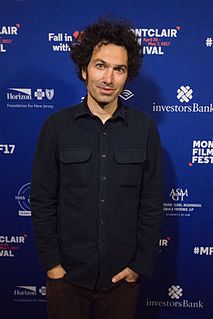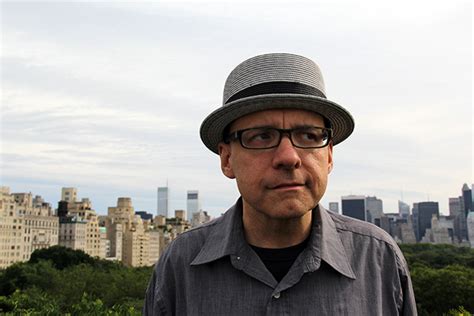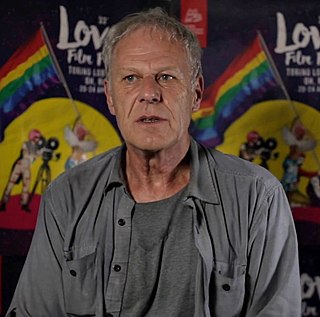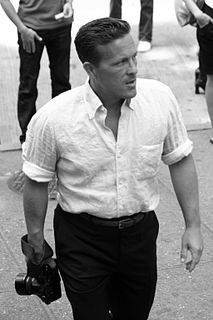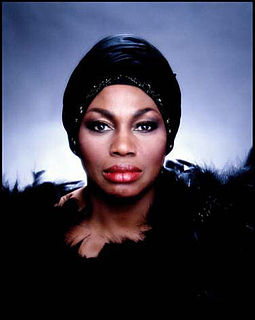A Quote by Killer Mike
People tend to think of gentrification in terms of race because it's presented that way, and I think it's presented that way because in poor cities that's what's really going on. Beyond that, I think it's presented that way as a way for the people who are really pushing it to make it just a black problem, so people don't care.
Related Quotes
I don't think that people generally realize what the motion picture industry has done to the American Indian, as a matter of fact, all ethnic groups. All minorities. All non-whites. People just simply don't realize. They take it for granted that that's the way people are going to be presented and that these cliches are just going to be perpetuated.
You make a film and you can't really pick the way it's put to the public. You control the content, but the way it's marketed, or the poster, or what they're telling the public about the film, it's beyond you. Some people don't even see them, because they think they already know it. That can be frustrating, when something you've done is marketed in a way you think is antithetical to what it is.
In Acts 14:1, we are told, "At Iconium Paul and Barnabas went as usual into the Jewish synagogue. There they spoke so effectively that a great number of Jews and Gentiles believed." This is what should be sought in Christian schools, not just teaching, but effective teaching. Christian content alone is insufficient. It must be presented in a certain way, and that way cannot be reduced to technique. Nevertheless, God has graciously made it possible to bring people the truth by how the truth is presented.
Not all that is presented to us as history has really happened; and what really happened did not actually happen the way it is presented to us; moreover, what really happened is only a small part of all that happened. Everything in history remains uncertain, the largest events as well as the smallest occurrence.
We're still staring at TV screens, right? They're still monitors. But the way information is delivered is different. So it creates an interesting way of looking back at early films, because they're actually relevant in terms of the devices people are using. But the consideration, the debate, around those technologies was very different from what's being presented now.
Everybody's version of style is totally different and that's what I think keeps me going out on the street everyday is going out and kind of seeing the variations and what things maybe I'd never seen quite that way that I find very curious and how people will be able to communicate their own persona through their clothing, their posture, the way they wear their hair. I think all those elements end up becoming very interesting because I don't think I'm really particularly a people person. So for me I think it's interesting to kind of be able to read people in that way.
For me, cultivation of my own style really started by looking at people. There are just some really beautiful people in the world. When you're walking down the street, or you're at a restaurant, someone catches your eye because they have their own look. It goes way beyond what they're wearing-into their mannerisms, the way they smile, or just the way they hold themselves.
I think that people have expectations of themselves and other people that are based on these fictions that are presented to them as the way human life and relationships could be, in some sort of weird, ideal world, but they never are. So you're constantly being shown this garbage and you can't get there.


